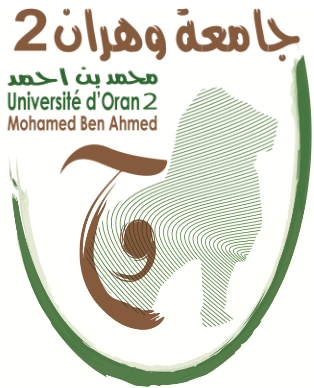A Critical Discourse Analysis Of Gender At The Micro And Macro Levels In The Moroccan Translation Classroom
Résumé: This article focuses on the confluence of translation praxis and gender discourse in the teaching/ learning of This article focuses on the confluence of translation praxis and gender discourse in the teaching/ learning of translation in Moroccan higher education. Owing to a tremendous lack of literature on the subject of gender bias, particularly in what concerns training in the translation classroom, this study aims to practically disclose how gender discourse is part and parcel of the source and the target texts both at the macro and the micro levels. Yet, it is observed to be overlooked by translation students while making all the lexical, semantic, pragmatic and syntactic choices. They simply reiterate the same sexism found in language use, which is believed to be considerably powerful in constructing ideologies and shaping attitudes towards women and men. To help translation students acquire the skills and knowledge needed to understand how gender roles and identities are encoded in texts and transferred through languages and cultures, the present study uses a corpus-based training project. It consists of illustrative individual words (job titles), sentences (proverbs) and text samples purposely selected to meet the intended goals the researcher set out to achieve. The classroom training was conducted with 26 BA undergraduate students in English Studies at the Polydisciplinary Faculty of Errachidia in Morocco. It targeted their background knowledge, reactions, responses, and awareness to concentrate more on the linguistic manifestation of the gendered discourse in language use and its sociocultural dimensions. To reach this end, the designed tasks, discussions and in-class activities covered three main phases: translating gender (1) at the word level, (2) at the sentence level, and (3) at the text level. In a pedagogically collaborative learning environment, the study adopted critical discourse analysis (CDA) with its three-dimensional framework: the descriptive, the interpretive and the explanatory. This choice is ascribed mainly to its effectiveness in triggering the students’ dynamic participation in most of the classroom activities. More importantly, the focus of interest is to draw the trainees' attention to the androcentric discourse as an all-encompassing aspect of the source texts (ST) and the target texts (TT) by suggesting ways to challenge the pre-established norms that govern languages and dictate the linguistic choices. Through all the training classroom phases covered, the gendered discourse both in Arabic and English is found to be impenetrable, as if frozen in form and meaning. The two languages in use unfold that they possess a great deal of fixed sexist expressions that denigrate women both at the linguistic and socio-cultural levels. This asymmetrical denigration continued to appear in some male and female students’ translations during and after the training. Although many attempts were suggested by most trainees to neutralize some of them, they were hindered by the power of a sexist discourse that seems significantly trenchant to resist such intervention. However, it is not a question of finding the right gender-bias-free equivalents or gender-inclusive terms as suggested in feminist linguistics. It is rather about inquiring into the mentalities of the translators behind the translated words / texts that have been ossified in patriarchal norms to distribute roles and maintain power relations. This study in the Moroccan context is by no means exhaustive. It has only attempted to suggest ways for the trainers / trainees working in the field of translation to integrate the gender perspective in their teaching/ learning in order to help would-be translators become aware of their power and responsibility to apply new strategies for a more egalitarian bias-free society. Therefore, it is believed that training can contribute to the sensitization to androcentrism in language use hence triggering the need for possible change.
Mots-clès:
Publié dans la revue: Traduction et Langues
Nos services universitaires et académiques
Thèses-Algérie vous propose ses divers services d’édition: mise en page, révision, correction, traduction, analyse du plagiat, ainsi que la réalisation des supports graphiques et de présentation (Slideshows).
Obtenez dès à présent et en toute facilité votre devis gratuit et une estimation de la durée de réalisation et bénéficiez d'une qualité de travail irréprochable et d'un temps de livraison imbattable!


